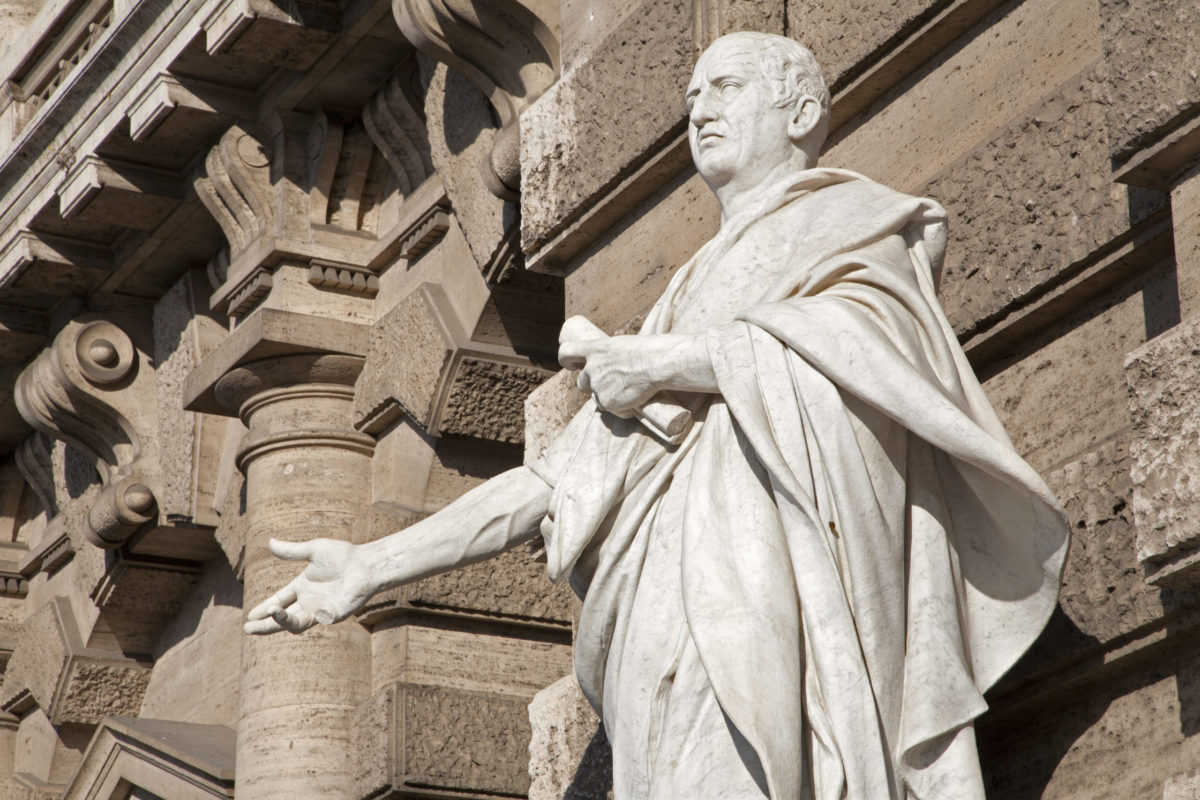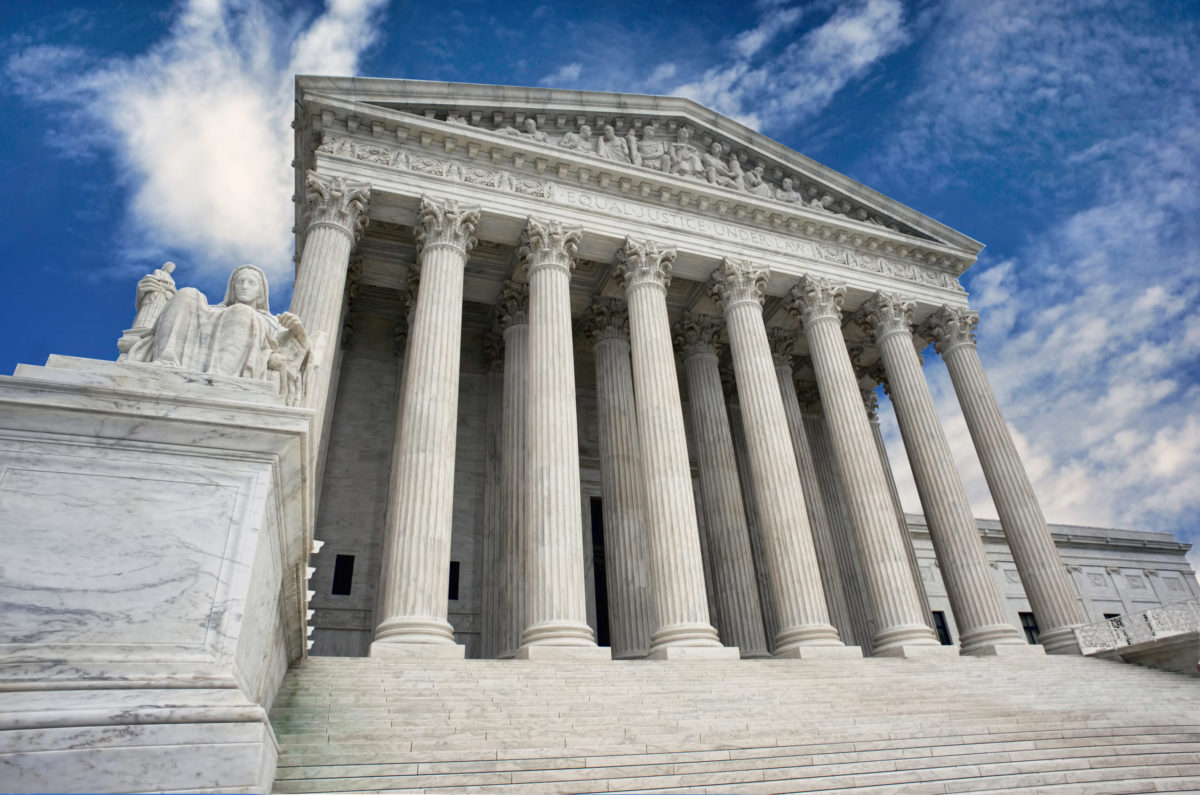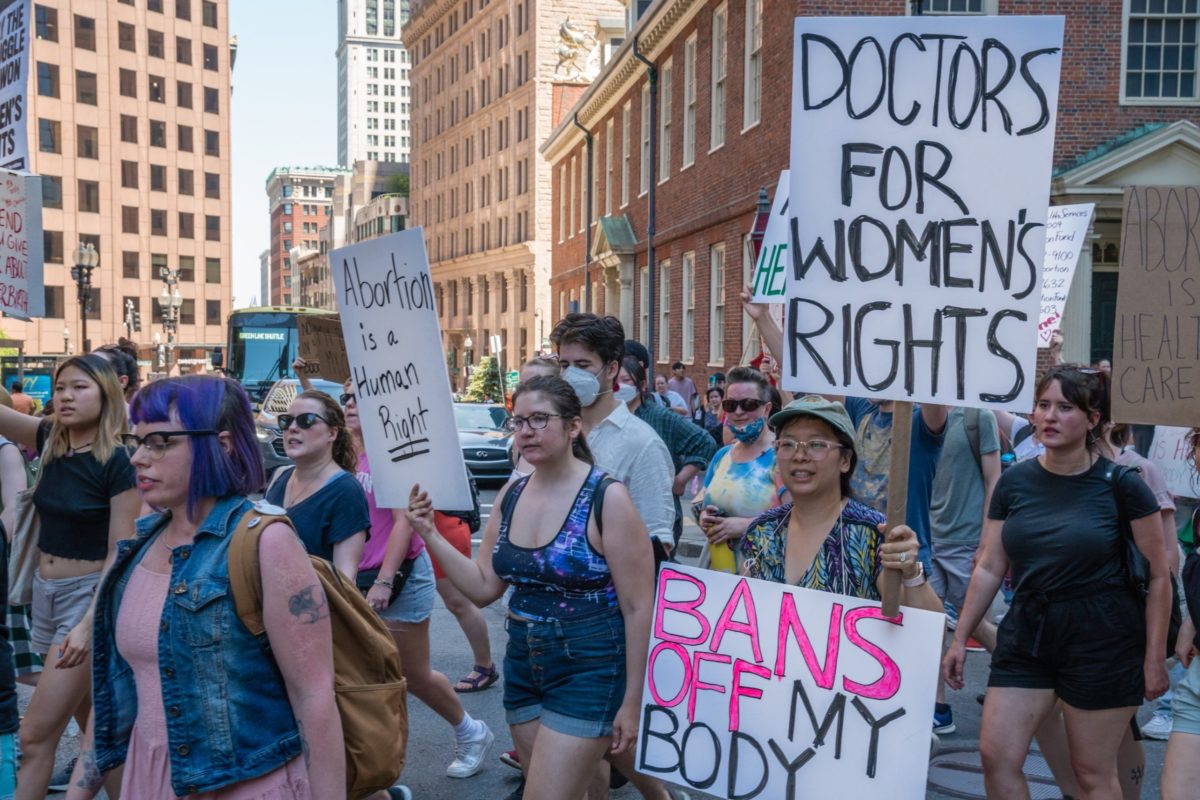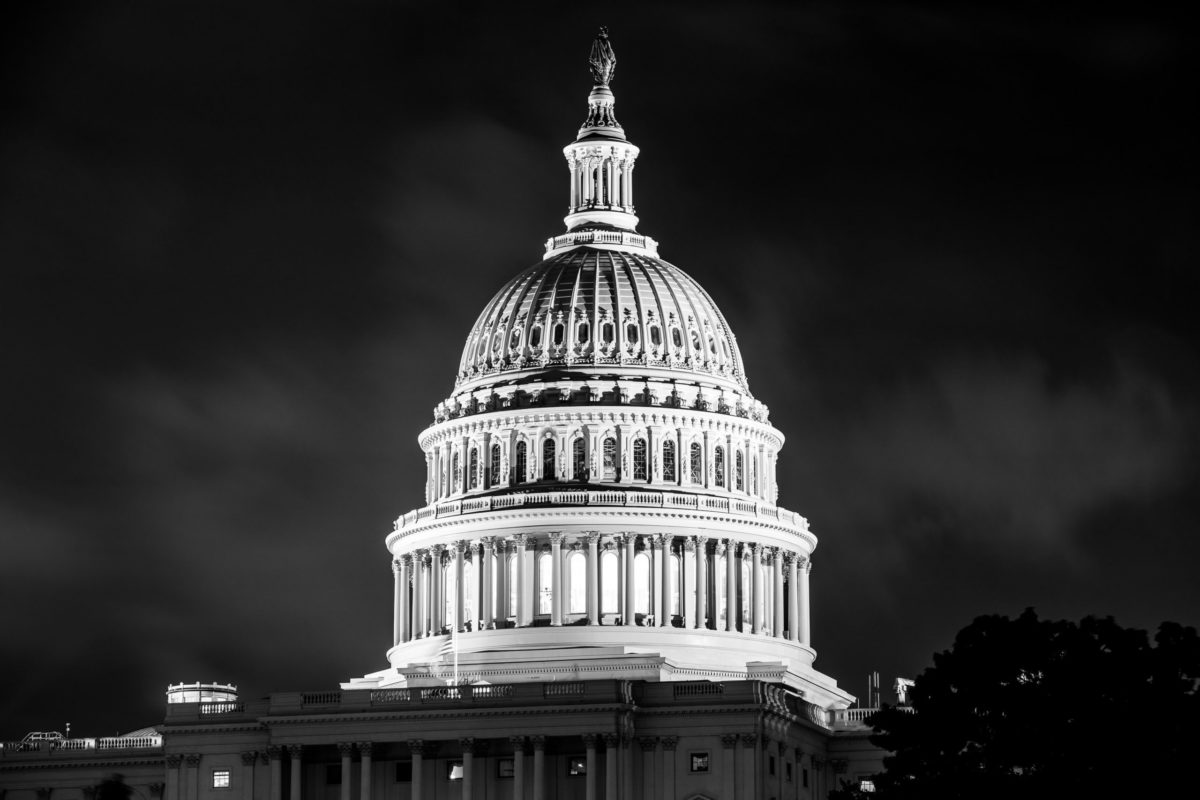Reclaiming Salus Populi
Public health law needs its own long-term plan. Such a strategy must re-establish salus populi, the recognition that public health is central to law.

If public health is to prosper, we will need to overcome the after-effects of several failures of imagination.

On January 5, the South Carolina Supreme Court struck down Senate Bill 1, which banned most abortions after the sixth week of pregnancy.

Affirmative action in higher education may soon be abolished by the Supreme Court. The consequences for the physician workforce may be dire.

In a post-Dobbs world, more women will find the technologies they rely on for their health turned against them as tools of surveillance.

The past may hold important lessons for the future of health privacy for patients, physicians, and hospitals in the face of abortion subpoenas post-Dobbs.

Most doctors want a federal medical license. But would the Constitution allow Congress to control accreditation?

The American Medical Association recently adopted new policies aimed at protecting access to reproductive health care.

The consequences that result from state bans and restrictions on medication abortion represent just one example of “healthcare federalism.”
